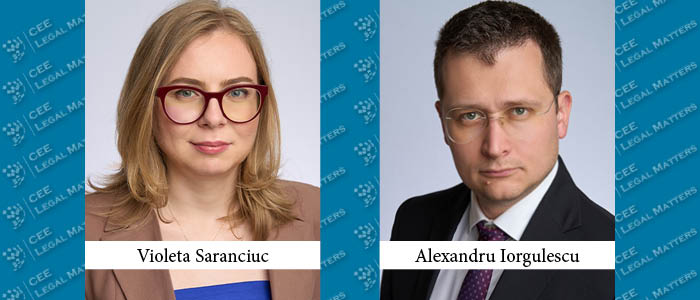As I write this editorial, we are celebrating three years since the CEE Legal Matters website (now already on its third version) first went online. To say that trying to think back and identify one major theme that shaped our last few years is difficult would be a real understatement, but because David has written up one too many of our recent editorials, that challenge falls on me.
I will use a very broad brush and use the term “conservatisms,” which, in this editorial team’s view, have a considerable impact, not just on our endeavor, but the legal market as a whole.
One such “conservatism” comes in the form of local Bar associations. We have, over the years, reported on several situations where a CEE Bar association reacts to a perceived threat from an ever-developing and increasingly sophisticated market of corporate and commercial law firms. Acts taken by these Bar associations in response to these perceived threats include imposing onerous restrictions on firms’ abilities to advertise (sometimes, ironically, hand-cuffing their own domestic law firms trying to compete against multi-office foreign firms that can “outsource” their advertising to other offices), limiting the admission of young lawyers, limiting the ability of foreign firms to operate, and attempting to disbar members for owning shares in entities in other jurisdictions – all of which greatly limit, in our view, the ability of the legal services markets in CEE to develop, and, in the process, limit the options for clients. This is generally – though perhaps not always, or only – the result of Bar management resting in the control of an older generation of solo practitioners and criminal lawyers resistant to change, this situation appears unlikely to go away any time soon.
The second area where conservatism generates an uphill battle is in our mission. We are a news organization. We pride ourselves on aggregating and analyzing useful and comprehensive information in a timely manner. That said, we regularly receive requests that indicate we’re still perceived more of an extension of firms’ PR functions, rather than an independent journalistic platform – or at least the distinction between the two does not seem to be very clear. We are requested to identify the firms involved on a deal in a specific order, to not identify other firms on a deal, or, sometimes, to take down stories altogether – even on deals that are already a matter of public record. (In response to these accumulating requests, we recently published our editorial policies on the CEE Legal Matters website).
In stark contrast, when the time comes to answer many of our questions – the answers to which, especially when aggregated, would add real value and are uncontroversial in Anglo-Saxon jurisdictions – we see a considerable reluctance to engage. Information about revenue numbers, PPPs, retention rates, and the like, which could be not only interesting to our readers but downright useful to firms wishing to benchmark their own efficiency, are inevitably met with the sound of crickets.
Of course, we recognize our own bias on these subjects, as our bottom line is dramatically affected by these conservative approaches. Advertising is the core component of a commercial magazine’s business model – and limits on the ability of local players to engage on a commercial basis deny us access to a critical potential market segment. Beyond that, impeding the development of corporate firms in general means fewer strong players locally looking to develop their brands to begin with. But the conservatism of firms also affects us as a relatively new player with (what we believe to be) a strong offering, since it is difficult in many instances to circumvent the “we’ve always used only these platforms as part of our marketing strategy, and we see no reason to change now” rationale.
But this is certainly not meant to be a lamenting editorial. Indeed, we have experienced great growth over these three years, and (we like to believe) we have contributed considerably towards pushing our markets in a direction of openness and transparency. The continued development and maturation of these CEE legal markets is a story we will continue to follow – and report on – with great satisfaction and care in the years to come, and we look forward to playing our part in the process.
And we invite you, our readers, to continue to pave the way towards a progressive approach to these CEE markets. Continue to file constitutional claims where local Bar associations impede evolution and open competition, and help us shed light on the industry in markets where corruption, secrecy, and kickbacks have been the norm. Let us know of stories or developments we should be following. Call us with information, even on an anonymous basis. Let us know what obstacles appear, and what progress is made.
Because reporting on these developments is important. Because, after three years, CEE Legal (still very much) Matters.
By Radu Cotarcea, Managing Editor, CEE Legal Matters
This Article was originally published in Issue 3.6 of the CEE Legal Matters Magazine. If you would like to receive a hard copy of the magazine, you can subscribe here.





























